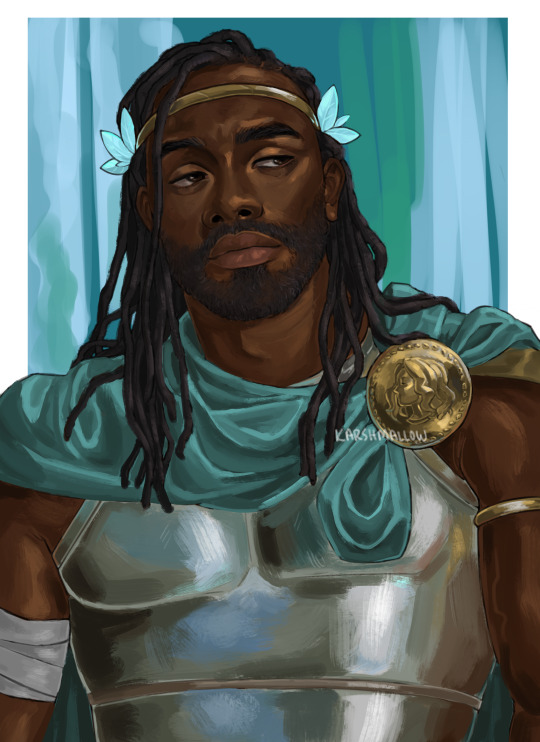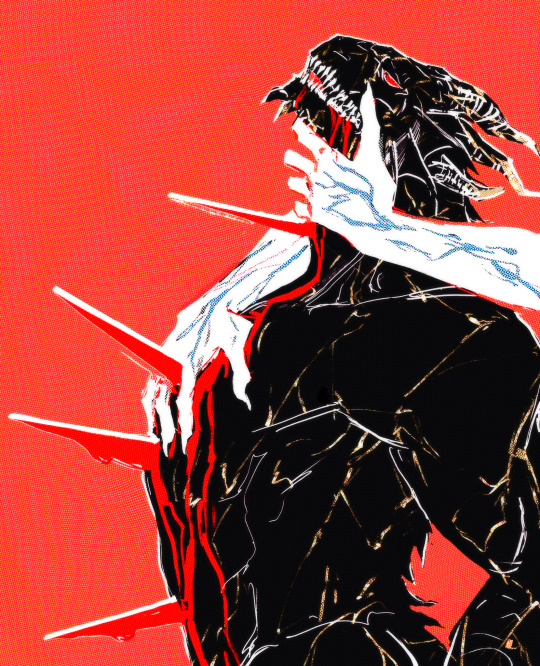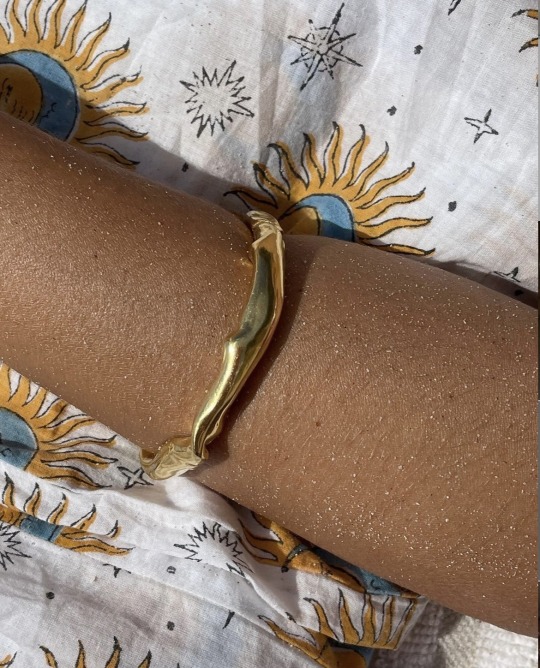Text



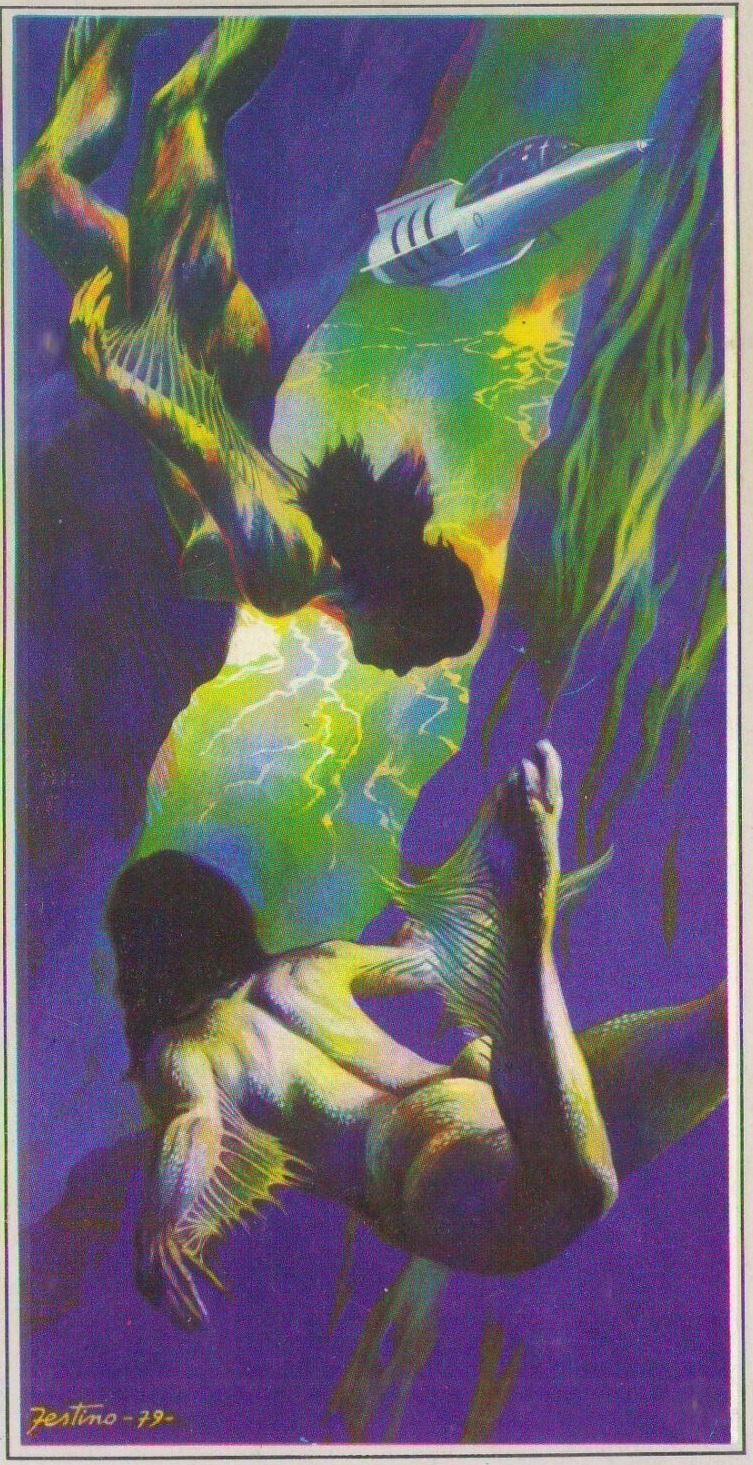


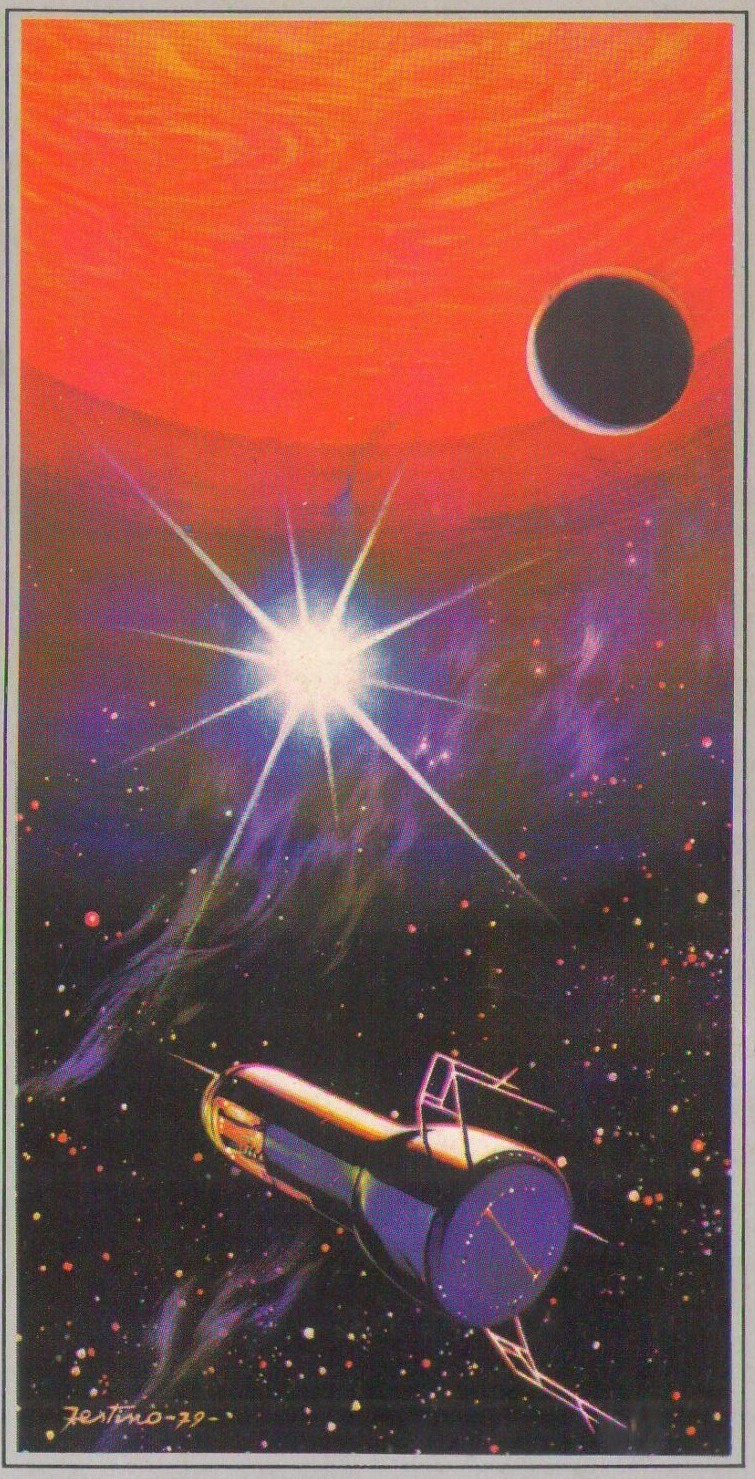

My favorite Giuseppe Festino covers from near the end of his run with the Italian sci-fi magazine Robot. These are from late 1978 and 1979. Bold colors, bold compositions.
I featured Festino's work in my free sci-fi art newsletter a few issues back, so check it out for more info. The final one here, with the decaying robot, was for the last issue of the magazine, before it was rebooted in the 2000s.
2K notes
·
View notes
Photo

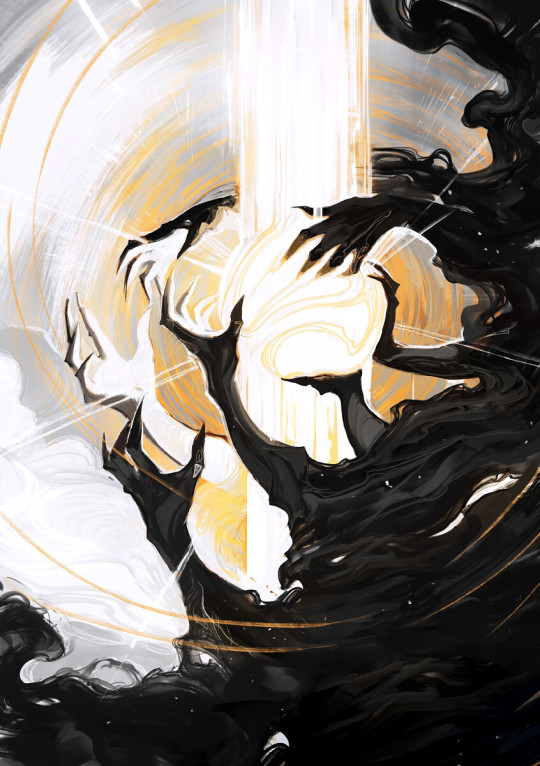
Sun Pillar by exellero
This artist on Instagram
12K notes
·
View notes
Photo

Donato Giancola, Do Androids Dream of Electric Sheep: The Lovers (detail), 2009
44K notes
·
View notes
Text
When I started this blog, I intended it to be a writing diary of sorts... But I have always stopped myself from sharing my journey because, 1) Why would anybody care? and 2) Do I want to share so much of myself with strangers anyway?
I'm much the same with my actual writing. I love to write. I get so much enjoyment and a sense of purpose out of it. I have big ideas and opinions I want to share, opinions I feel I can only verbalise through fiction. I've been writing for almost twenty years. I have so many documents full of so many words - when I'm in the throes of a hyperfixation, it's not uncommon for me to smash out 100k words or more of musings and drafts, to spend my every waking moment crafting stories...
And then I don't share any of them... Because if you post fan fiction online, comments and kudos are the only metrics of "popularity" you can rely on. And I hate that. I hate that I wake in the middle of the night in a cold sweat with a compulsion to check for engagement because the engagement will make me feel better, the engagement will make me feel like the work was all worth it, as well as soothe the fear I have that I'm embarrassingly bad at this, the only thing I seem able to do most days...
Is this why my novel is trundling along at such a slow pace? I'm desperate to be published, and yet terrified of the day I might be. Fan fiction is different. My issues aren't my issues anymore, they're the issues of some other character, a character somebody else made and there's no fear anyone will read what I've written and imagine for one moment that I struggle the same. That I went through what they went through. That I'm using them as an outlet for my own hurt or confusion. They only see the character.
I worry you don't get that same luxury when the characters are your own. I'm always afraid that when people read drafts of this work of mine, this intensely political lens through which I am trying to organise my feelings, thoughts, and fears - feelings, thoughts, and fears that must graze the surface of my experiences as they pour out - that they will be able to plainly see the person behind it all.
I don't want to be seen in my work. And yet I am there. I am between every sentence. A pair of eyes peering through the gap in the blinds.
#More than anything I hate that when I sit down to write I can't keep myself in isolation. The words are mine and I am the words.#👁️🗨️#writing#writeblr#writers on tumblr
0 notes
Text
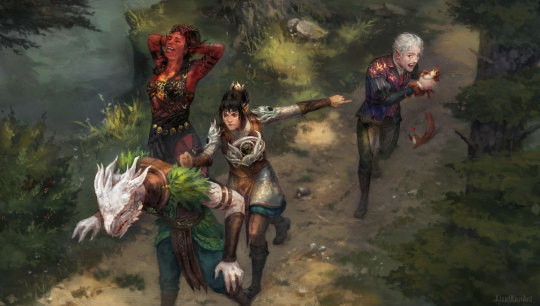
Each of us could bring destruction to this world, but we chose to save it.
33K notes
·
View notes
Text
This is a super super gentle reminder not to put your favorite authors on a pedestal. We're real people living average lives and not trying to be influencers. We criticize ourselves enough and we don't want to be held to an invisible standard (we start to worry we fail to exceed our own selves) or compared to other writers (we are not competing) or tailor our craft to cater to a wider audience (the right people will find you).
7K notes
·
View notes
Text
In love with Leo and Diane Dillon’s Greek mythology art, from the 60s Classical Greece book by Time-Life
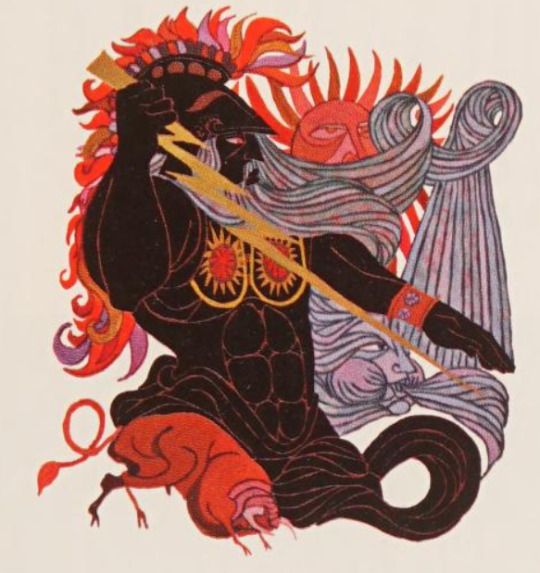
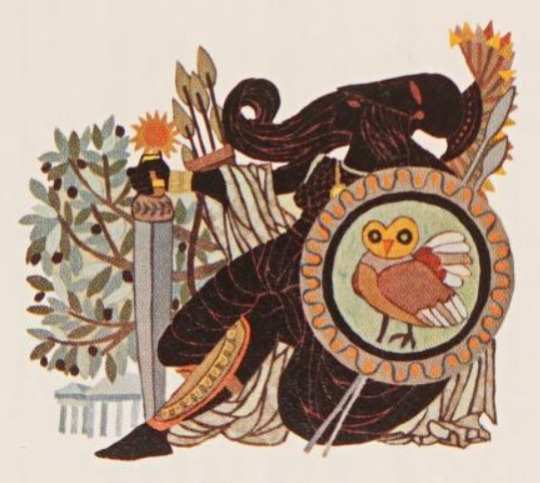
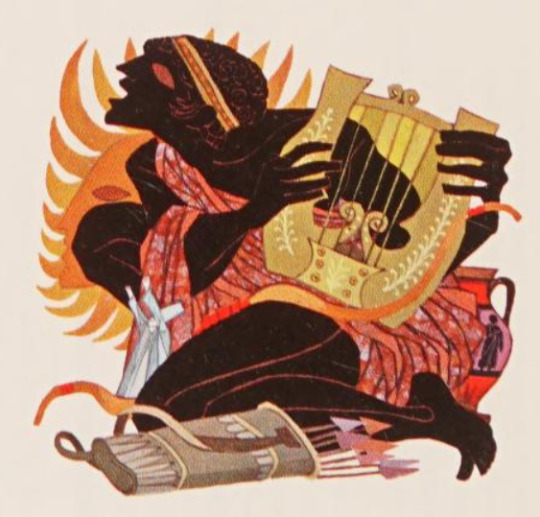
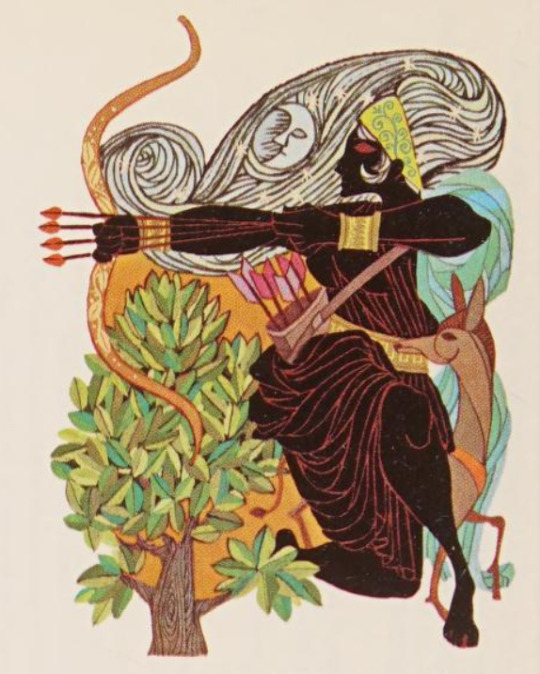

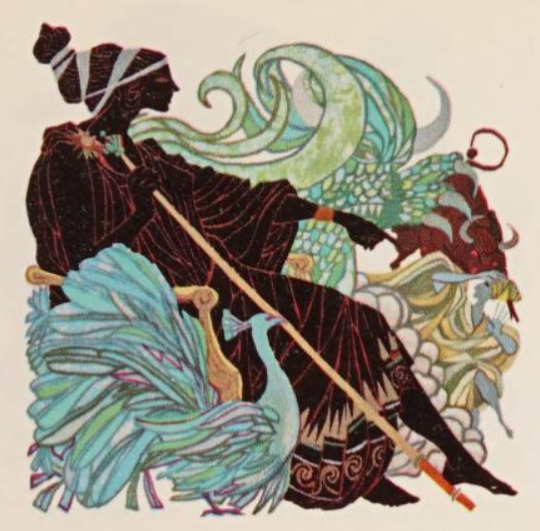
3K notes
·
View notes
Photo
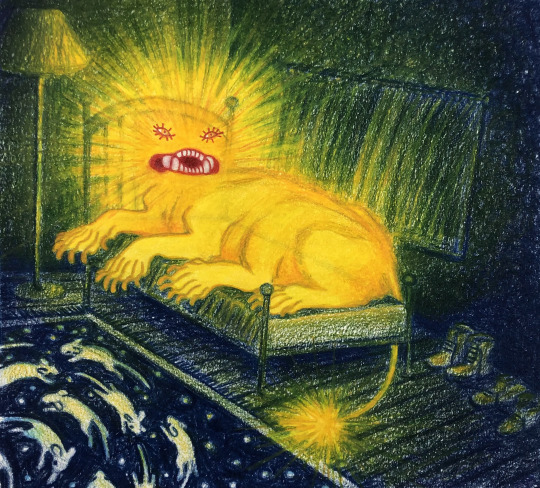
The angel came to me in a fever hallucination, perched upon my bed as I returned from the bathroom.
78K notes
·
View notes
Quote
The logic of white supremacy dictated that race and ability determined a person’s intelligence, capabilities and place in the world. Transphobia follows the same pattern of violent categorisation. It reduces humanity to two categories, male and female, and assumes that who you are and how you move through the world is entirely produced by which of those categories you can be placed into. A world where having a penis determines that you can only ever be a violent predator, and where having a vagina means that you are inevitably a victim.
Claire Horn, Eve (via themiddlewomen)
6 notes
·
View notes
Quote
Those 'creative relationships' which Staples speaks about within the Black community are almost invariably those which operate to the benefit of Black males, given the black male/female ratio and the implied power balance within a supply and demand situation. Polygamy is seen as 'creative', but a lesbian relationship is not. This is much the same as how the 'creative relationships' between master and slave were always those benefiting the master.
Audre Lorde, from Sexism: An American Disease in Blackface, first published as ‘The Great American Disease’ in The Black Scholar, vol.10, no.9 (May-June 1979) in response to ‘The Myth of Black Macho: A Response to Angry Black Feminists’ by Robert Staples (The Black Scholar, vol. 10, no. 8 [March-April 1979]), as detailed in Sister Outsider.
1 note
·
View note
Quote
It is not the destiny of Black america to repeat white america's mistakes. But we will, if we mistake the trappings of success in a sick society for the signs of a meaningful life...
Audre Lorde, from Sexism: An American Disease in Blackface, first published as ‘The Great American Disease’ in The Black Scholar, vol.10, no.9 (May-June 1979) in response to ‘The Myth of Black Macho: A Response to Angry Black Feminists’ by Robert Staples (The Black Scholar, vol. 10, no. 8 [March-April 1979]), as detailed in Sister Outsider.
0 notes
Quote
In the cause of silence, each of us draws the face of her own fear - fear of contempt, of censure, or some judgement, or recognition, of challenge, of annihilation. But most of all, I think, we fear the visibility without which we cannot truly live... And that visibility which makes us most vulnerable is that which also is the source of our greatest strength. Because the machine will try to grind you into dust anyway, whether or not we speak. We can sit in our corners mute forever while our sisters and our selves are wasted, while our children are distorted and destroyed, while our earth is poisoned; we can sit in our safe corners mute as bottles, and we will still be no less afraid.
Audre Lorde, an excerpt from The Transformation of Silence into Language and Action, a paper delivered at the Modern Language Association’s ‘Lesbian and Literature Panel’ in Chicago, Illinois, December 28th, 1977, as detailed in Sister Outsider.
#AUDRE LORDE#SISTER OUTSIDER#✍#📚#CONDENSED FOR BREVITY; for context in this excerpt Lorde is referencing her Blackness and a common experience for Black women#FULL READING RECOMMENDED
0 notes
Text

his dark materials daemons cause i'm nostalgic
6K notes
·
View notes
